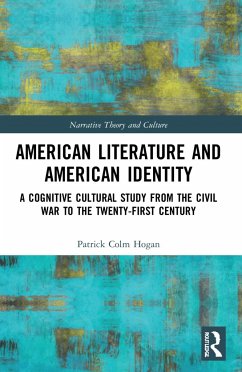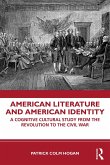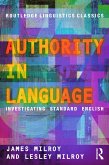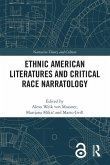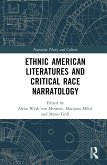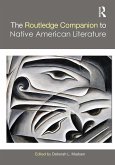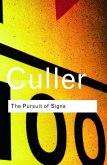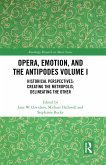In recent years, cognitive and affective science have become increasingly important for interpretation and explanation in the social sciences and humanities. However, little of this work has addressed American literature, and virtually none has treated national identity formation in influential works since the Civil War. In this book, Hogan develops his earlier cognitive and affective analyses of national identity, further exploring the ways in which such identity is integrated with cross-culturally recurring patterns in story structure. Hogan examines how authors imagined American identity-understood as universal, democratic egalitarianism-in the face of the nation's clear and often brutal inequalities of race, sex, and sexuality, exploring the complex and often ambivalent treatment of American identity in works by Charlotte Perkins Gilman, Eugene O'Neill, Lillian Hellman, Djuna Barnes, Amiri Baraka, Margaret Atwood, N. Scott Momaday, Spike Lee, Leslie Marmon Silko, Tony Kushner, and Heidi Schreck.
"Employing the findings of contemporary narratology and cognitive science to explain the psycho-social dynamics of national identity, this book analyzes how American literature since the Civil War has represented, and also intervened in, the efforts to define and salvage an American identity plagued by contradictions between its radically egalitarian core and its often brutally exclusionary dynamics that marginalize certain racial, gender, and sexual identities. In the current (post?)Trump era of rampant American nativism, systemic racism, white supremacism, and toxic masculinism, it is hard to imagine a more timely and important work of literary analysis. More generally, the conceptual tools provided by this book make it a valuable resource for understanding the varying ways in which different narrative prototypes contribute to the construction and reconstruction of any social identity." Mark Bracher, Director, Neurocognitive Research Program for the Advancement of the Humanities, Kent State University
"Exhaustively researched, American Literature and American Identity is a smart and timely book that draws on cognitive and affective studies as tools for understanding the ways in which understandings of national identity are imbricated into narrative structure. In his sensitive reading of widely read literary works, Hogan demonstrates how authors promoted a vision of American identity as universal and egalitarian in spite of the nation's glaring inequalities. This is an important book that comes at a critical time in American history, one in which America's past sins and future hopes are falling under increased public scrutiny." Stella Setka, West Los Angeles College
"Exhaustively researched, American Literature and American Identity is a smart and timely book that draws on cognitive and affective studies as tools for understanding the ways in which understandings of national identity are imbricated into narrative structure. In his sensitive reading of widely read literary works, Hogan demonstrates how authors promoted a vision of American identity as universal and egalitarian in spite of the nation's glaring inequalities. This is an important book that comes at a critical time in American history, one in which America's past sins and future hopes are falling under increased public scrutiny." Stella Setka, West Los Angeles College

